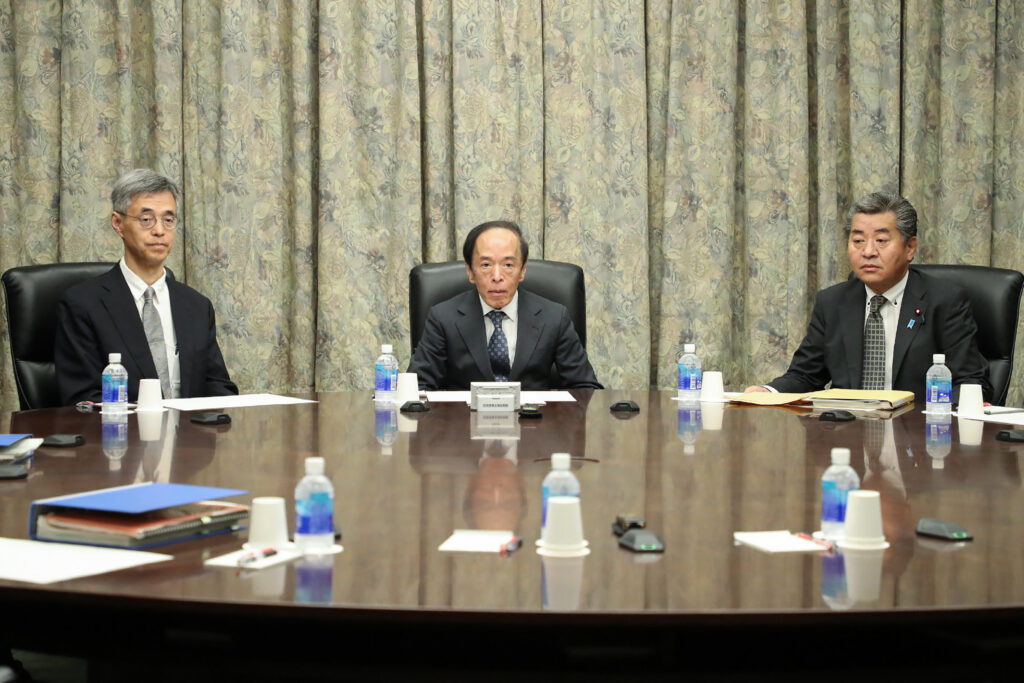
- ARAB NEWS
- 03 May 2024

Tokyo: The Bank of Japan decided to keep its ultraeasy monetary policy unchanged at a two-day meeting of its Policy Board that ended on Friday.
The nine members of the board voted unanimously to continue guiding 10-year Japanese government bond yields to around zero percent while allowing the yields to fluctuate between around plus and minus 0.5 percent. The bank also maintained its short-term policy rate unchanged at minus 0.1 percent.
The board voted unanimously to continue to operate the yield curve control scheme flexibly, allowing 10-year JGB yields to rise above 0.5 percent to some extent and setting an effective ceiling of 1.0 percent. The BOJ first decided on the scheme’s flexible operations at the board’s previous policy-setting meeting in late July.
Specifically, the central bank decided to continue to regard the upper and lower bounds of the 10-year JGB yield range “as references, not as rigid limits” and offer to buy 10-year JGBs at a fixed yield of 1.0 percent in money market operations every business day in principle.
In a statement issued after the latest policy-setting meeting, the BOJ reiterated its intention to continue monetary easing “patiently” in order to achieve its target of two percent inflation accompanied by wage growth “in a sustainable and stable manner.” The central bank said it will not hesitate to take additional easing measures if necessary.
“Japan’s economy has recovered moderately,” with private consumption increasing steadily at a moderate pace despite being affected by price rises, the statement also said.
The BOJ expects the pace of increase in consumer prices in Japan to decelerate before accelerating again moderately, according to the statement.
While noting that Japan’s economy is likely to continue recovering moderately for the time being, the BOJ said “there are extremely high uncertainties” for the outlook, including overseas economic developments, commodity price moves and wage- and price-setting behaviors of Japanese companies. “Under these circumstances, it is necessary to pay due attention to developments in financial and foreign exchange markets and their impact on Japan’s economic activity and prices,” the central bank said.
JIJI Press